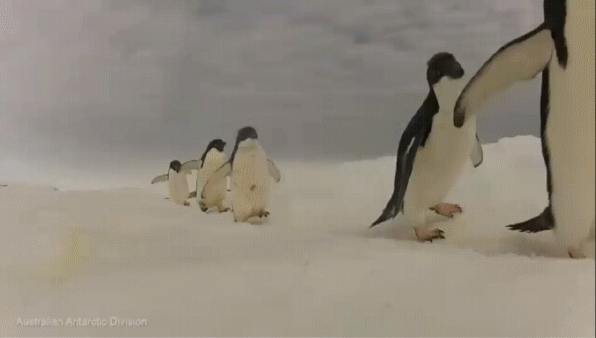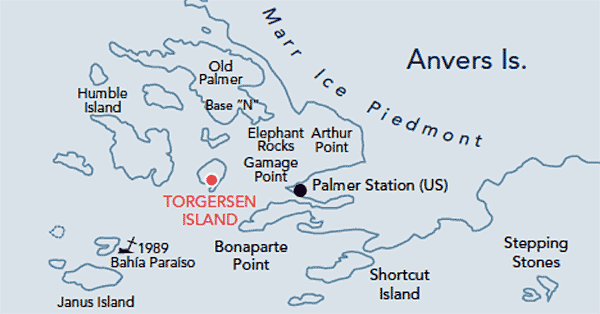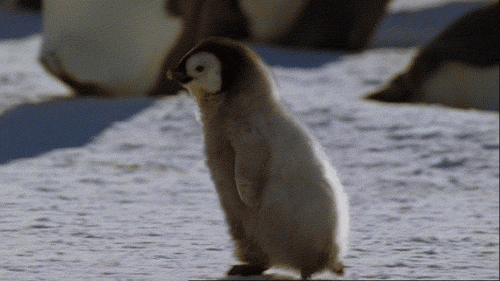Published 17/07/2015

It's the march of the baby penguins this summer at Belfast Zoo. Three gentoo penguin chicks hatched at the end of May and are settling into their new home at Cave Hill.

They are becoming more independent and beginning to explore the penguin pool. And if you are planning a visit to Belfast Zoo over the summer you will get the chance to see the new arrivals.
Earlier in 2015, the zoo welcomed three birds to the flock from Odense Zoo, one bird from London Aquarium, one bird from Dingle Aquarium and one bird from Antwerp Zoo as part of the European, collaborative breeding programme.
And just like any expectant parents, it is important to prepare for the new arrivals and even back in February zoo keepers were busy getting ready for the breeding season. More recently keepers have put up umbrellas in their enclosure to protect the parents and chicks from wet weather as well as providing shade in the heat.
The female bird accepts the male if he presents her with the perfect pebble and she then fills her nest ring with pebbles to lay her eggs onto. The female can lay up to two eggs which are then incubated by both the male and female birds for about 30-40 days. Zoo manager, Mark Challis said, “The penguins are always a firm favourite with our visitors,

Factfile
There are 17 species of penguin. All penguins are found in the Southern hemisphere. While gentoos are found in the Antarctic, they can also be found in the warmer climates of Falklands, South Georgia, Kerguelen, Marion, Macquarie and other remote islands. Gentoo penguins and all other penguin species face increasing threats from marine pollution, habitat loss, global warming and over-fishing.
source



















No comments:
Post a Comment